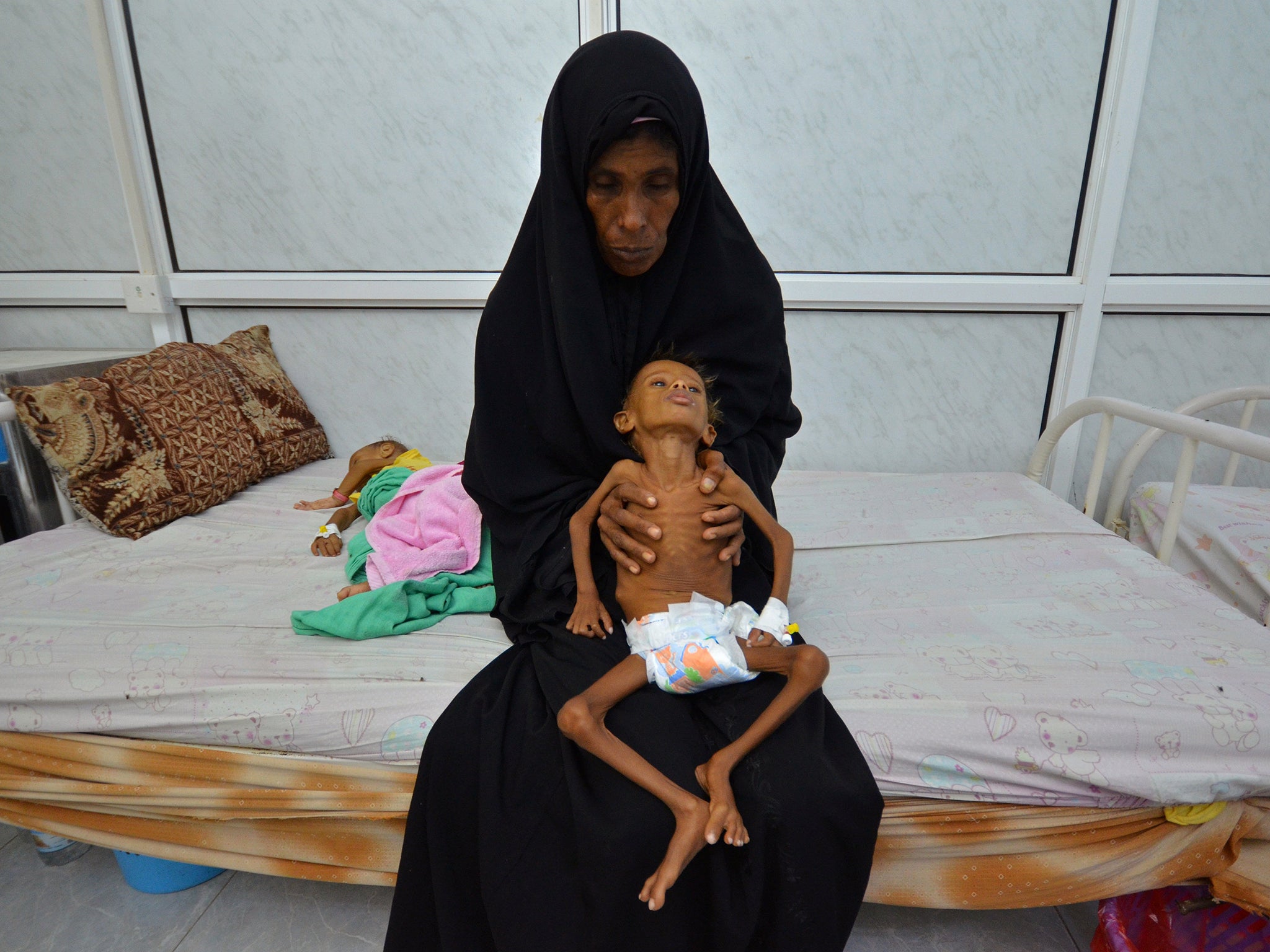Yemeni government rejects US-suggested ceasefire with Houthi rebels
Exiled Yemeni government turns down US Secretary of State John Kerry's suggested ceasefire, despite a tentative welcome from rebels

Your support helps us to tell the story
From reproductive rights to climate change to Big Tech, The Independent is on the ground when the story is developing. Whether it's investigating the financials of Elon Musk's pro-Trump PAC or producing our latest documentary, 'The A Word', which shines a light on the American women fighting for reproductive rights, we know how important it is to parse out the facts from the messaging.
At such a critical moment in US history, we need reporters on the ground. Your donation allows us to keep sending journalists to speak to both sides of the story.
The Independent is trusted by Americans across the entire political spectrum. And unlike many other quality news outlets, we choose not to lock Americans out of our reporting and analysis with paywalls. We believe quality journalism should be available to everyone, paid for by those who can afford it.
Your support makes all the difference.US Secretary of State John Kerry has said that the armed Houthi rebels currently in control in Yemen and a Saudi-led military alliance representing the exiled government have agreed in principle to a ceasefire, which was later rejected by the Yemeni government itself.
Speaking to reporters at the close of talks in Abu Dhabi on Tuesday, Mr Kerry said that all parties have agreed to cease hostilities beginning November 17, and work on setting up a national unity government before the end of 2016.
However, Yemen's Foreign Minister Abdel-Malek al-Mekhlafi later his government would not accept the proposals.
"The government was not aware of nor is it interested in what Secretary Kerry announced, which represents a desire to scuttle peace efforts by trying to reach an agreement with the Houthis apart from the government," Mekhlafi said in a statement on Twitter.
The tentative agreement on the rebel side comes after the president of the internationally-recognised government, Abdrabbuh Mansour Hadi, rejected a peace proposal presented by UN envoy Ismail Ould Cheikh Ahmed in October. The UN's roadmap is thought to have involved easing Mr Hadi out of power.
Details on the agreement Mr Kerry had proposed have not been made publicly available.
Yemen descended into full-blown civil war in March 2015 when Iran-backed Shiite Houthi rebels took over the capital of Sanaa. Shortly afterwards, a Saudi-led coalition of Middle Eastern states began a bombing campaign on the country at the request of the exiled government, which the UN says has killed up to 10,000 people to date.
Saudi air and naval blockades have left many civilians on the brink of famine. More than half of the 28-million strong population is in need of food aid, and Yemenis are also suffering from outbreaks of disease such as cholera thanks to the inadequate provisions available for the three million people displaced from their homes.
Western governments, including the UK, have been sharply criticised for weapons sales to Saudi Arabia, which monitors say end up destined for use in the Yemeni war.
Humanitarian organisations allege that the Kingdom has dropped illegal cluster munitions - banned under international law because of the indiscriminate damage they cause - and also that the Saudi military capabilities are not sophisticated enough to avoid targeting civilian infrastrucutre, causing unneccessary loss of life.
In October Saudi Arabia announced an investigation into alleged human rights violations caused by coalition bombing. Human Rights Watch, among other groups, has called for an independent investigatory taskforce.
Join our commenting forum
Join thought-provoking conversations, follow other Independent readers and see their replies
Comments